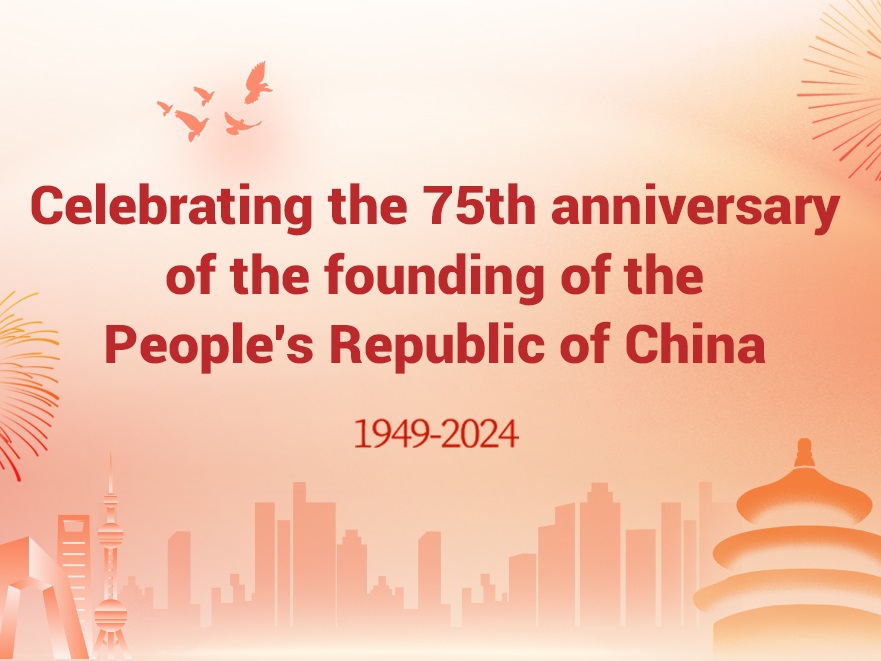Greater RCEP market openness encouraged, win-win results desired

[PHOTO BY SHI YU/CHINA DAILY]
Members of the Regional Comprehensive Economic Partnership agreement should work for more open markets and promote win-win cooperation in the Asia-Pacific, said officials and business leaders.
Given global uncertainties, "RCEP is critical to bolster confidence in the multilateral trading system, post-COVID recovery and regional global economic integration based on win-win principles and mutual benefits", said Cambodian Prime Minister Hun Manet at the 3rd RCEP Economic and Trade Cooperation Business Summit in Nanning, the Guangxi Zhuang autonomous region, on Sunday.
The Association of Southeast Asian Nations and China need to further boost the resilience of their economic cooperation, Hun Manet said, adding that in addition to trade in goods, the two sides should focus on promoting trade in services and digital commerce while the importance of the RCEP to the private sector remains fundamental.
ASEAN Secretary-General Kao Kim Hourn said the business community should take advantage of the RCEP agreement to diversify and further integrate their supply chains in the ASEAN region.
It is also important to evaluate modern trade practices to assess how digital technologies can be used to promote trade under the RCEP, said Kao, noting that the agreement should be inclusive and beneficial for all, especially small and medium-sized enterprises, developing countries and least-developed countries in the RCEP.
"Through enhanced market access of essentially all goods in the region, transparent rules and clear mechanisms for resolving trade issues, we anticipate benefits for businesses," said Philippine Trade Undersecretary Ceferino Rodolfo.
The stable and predictable business environment under RCEP will encourage more investment and economic activity in the region, said Rodolfo.
Didi Sumedi, director-general of national export development at Indonesia's trade ministry, said the RCEP agreement eliminates tariffs on 90 percent of traded goods, simplifies many Customs procedures, investment and e-commerce regulations, and introduces more trade-friendly measures.
"The RCEP will unfetter the development of regional and global value chains and significantly boost economic growth," said Sumedi, adding that more outreach programs and dialogue should be encouraged during the early implementation of the RCEP to increase the utilization rate.
The RCEP is the world's largest free trade agreement to date, comprising 10 ASEAN member states and five trading partners — China, Japan, South Korea, Australia and New Zealand. The agreement is now in effect for all its 15 members after it came into force for the Philippines in June.
The RCEP Regional Cooperation Outcomes and Development Prospects Report 2023 was launched during the summit. It was stated that the RCEP has become a favorable factor in driving the growth of global trade investment and stabilizing supply chains during multiple crises.
Speakers also highlighted green and digital development among RCEP members at the China-ASEAN Business Leaders Forum and Conference on Sunday in Nanning. Lao Prime Minister Sonexay Siphandone said the country has become a hub that connects ASEAN members and China, especially after the inauguration of the China-Laos railway in December, which helps support regional connection of RCEP members.
With Laos scheduled to assume the ASEAN chairmanship in 2024, Sonexay said he welcomes investors to visit the country to discover new opportunities and utilize the railway.
Soh Thian Lai, president of the National Chamber of Commerce and Industry of Malaysia, said a big data analysis center should be established for the RCEP to effectively help ASEAN countries make better use of the free trade pact.
Singapore Business Federation CEO Kok Ping Soon said the RCEP has strengthened regional supply chains and stimulated trade by lowering costs. For example, under the agreement, at least 65 percent of services sectors will be fully open to foreign investment.
The RCEP is a step toward the eventual establishment of an Asia-Pacific free trade area, said Kok, adding the agreement demonstrates the region's unwavering commitment to pursuing shared prosperity.


